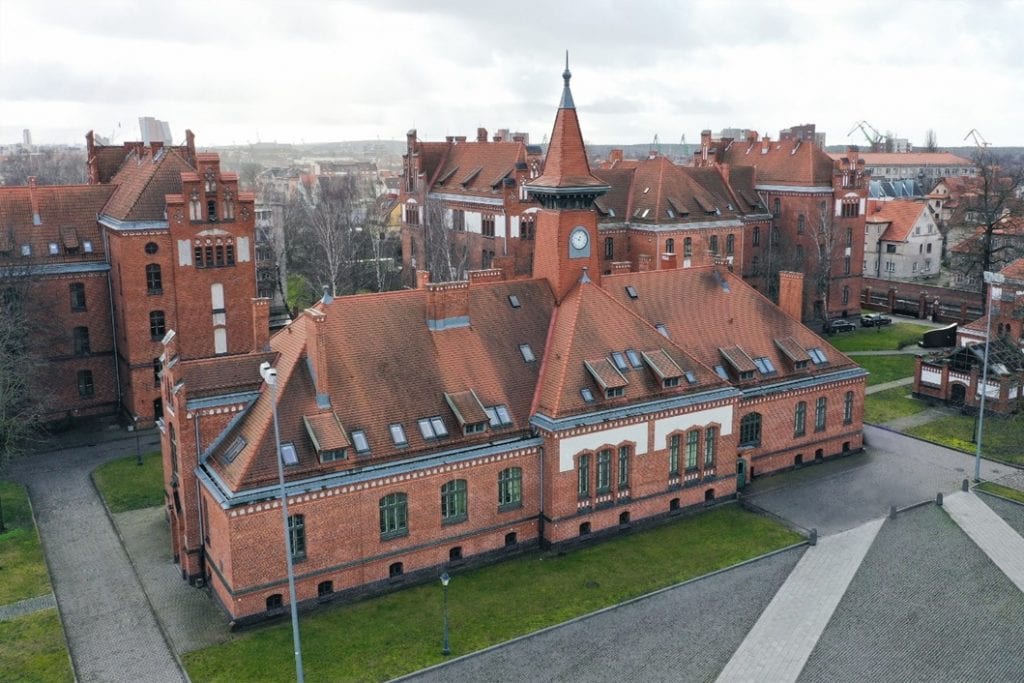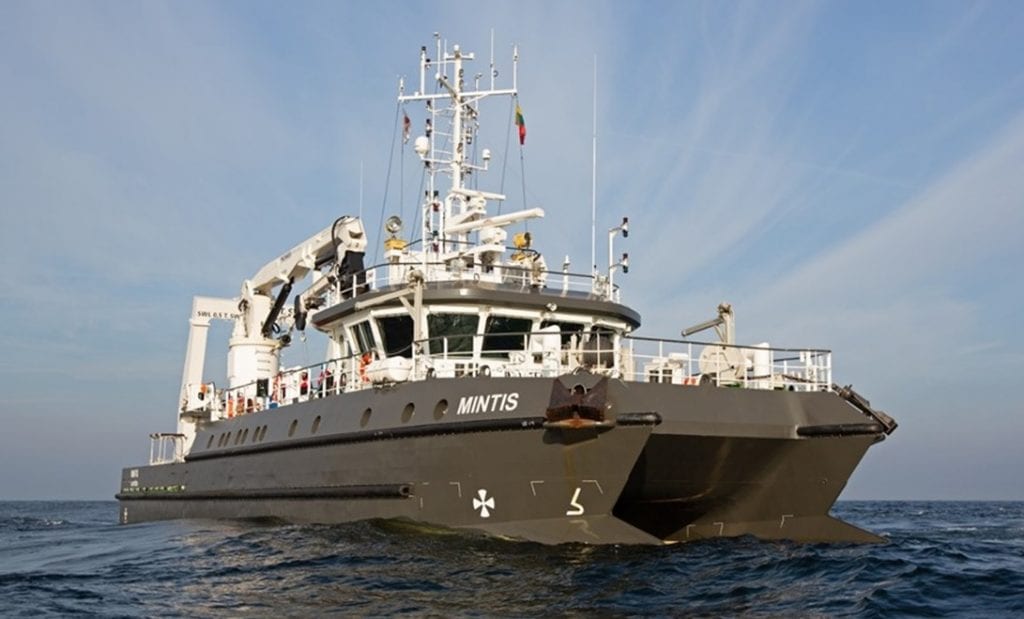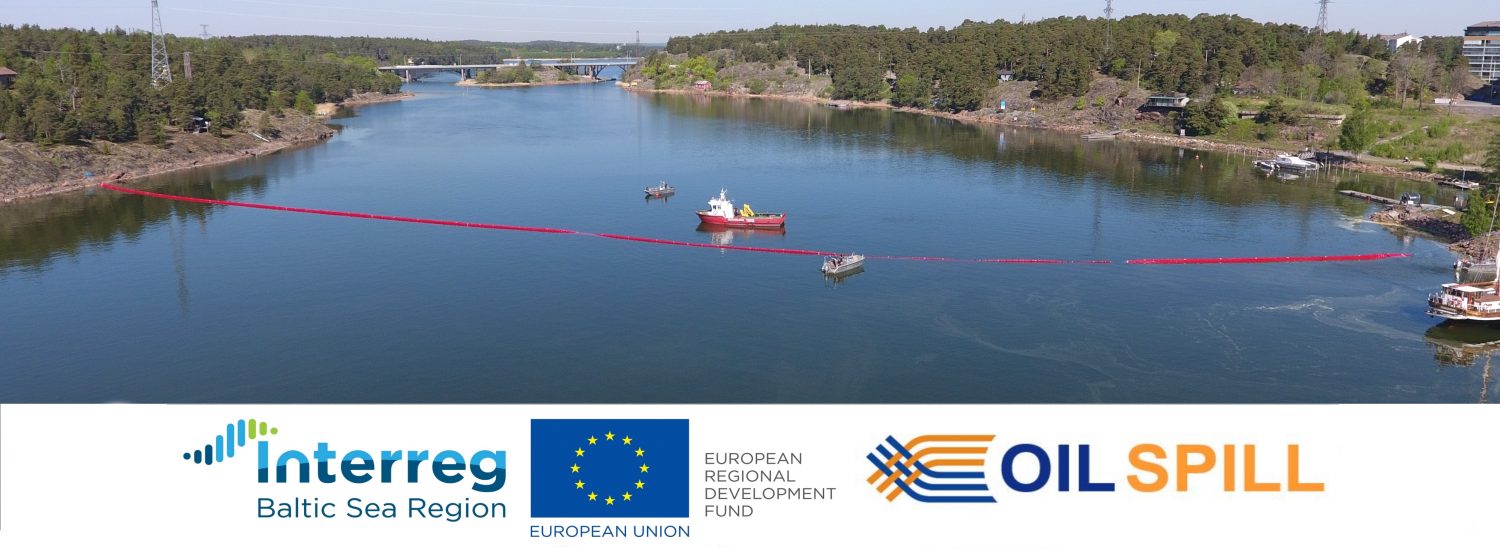Port of Knowledge – Klaipėda University Specializes in Marine and Coastal Research (1/3)

Klaipėda University (KU) is the only coastal state-owned university in Lithuania. It focuses on a broad range of subjects within social sciences, humanities, health sciences and technologies. KU is the only higher academic institution in Lithuania responsible for the development of marine environmental sciences and maritime technology research as well as for the training of human resources for the maritime industry and coastal environmental institutions.
Klaipėda University is a member of several university associations and networks, such as Baltic University Network. The University is a key contributor to the development of the Lithuanian maritime sector consolidating national leadership in the area of maritime sciences and technologies. It is a member of more than 40 thematic organizations and has strong links with the region and the seaport.
Currently, KU has 3 000 students, 11 PhD schools, 420 teaching and research staff units, and 330 technical/administrative staff units. The University is organized into three faculties – Social Sciences & Humanities, Marine Technologies & Natural Sciences, and Health Sciences – and two leading research institutes: Institute of Baltic Region History & Archaeology and Marine Research Institute.
The Marine Research Institute is a subdivision of Klaipėda University and also the operative partner of OIL SPILL there. The Institute conducts fundamental and applied research on marine and coastal environment and maritime technologies. It facilitates science, study, and business cooperation based on high-level scientific knowledge and up-to-date open access research infrastructure. The latter includes, for example, four modern laboratories enabling research from genes to ecosystems and a modern multipurpose research vessel for complex oceanographic research and applied marine services.

Text: Sergej Suzdalev / Klaipėda University

Leave a Reply